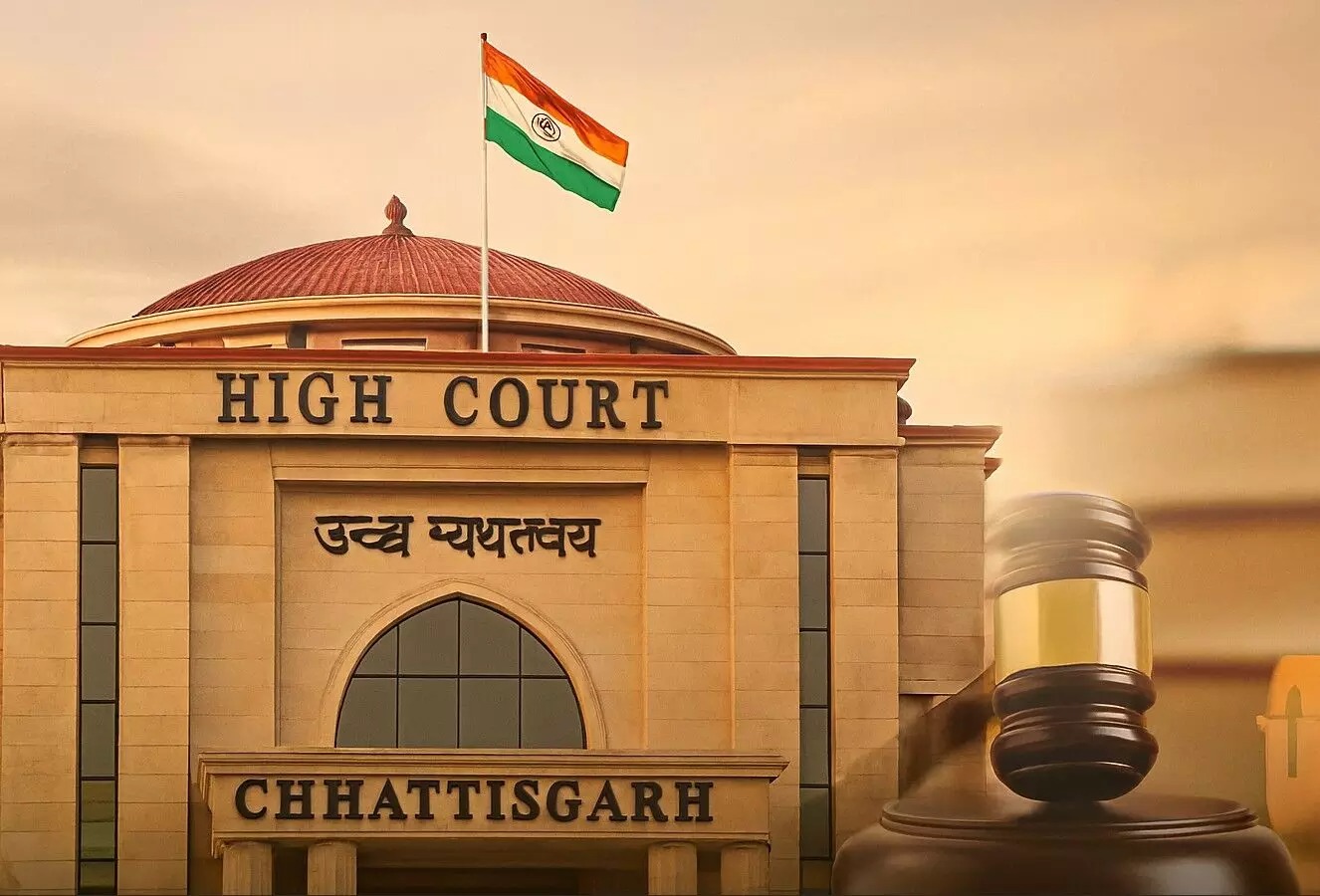@JUDGMENTTAG-ORDER
Nooty Ramamohana Rao
1. This writ petition has been instituted by four individuals challenging the validity of the proceedings dated 25.04.2007 passed by the 3rd respondent-District Educational Officer, Vizianagaram terminating their services as Secondary Grade Teachers with immediate effect. One Smt. K. Padmavathi, a physically challenged person with hearing impairment filed WP No. 6760 of 2006 in this court. A Division Bench considered the said case and by its judgment dated 22.8.2006 held that the said Smt. K. Padmavathi is illegally and unjustly deprived of the opportunity of appointment notwithstanding the declaration of the law made by the Parliament and the fact that people who are utterly unqualified for filling up of the posts have been appointed as such against the quota of the posts reserved for the challenged category. The court has also awarded public law damage in a sum of Rs. One lakh to the individual granting liberty to recover the said amount from those persons who are responsible for illegal appointments thereby depriving Smt. K. Padmavathi the opportunity of employment. In view of this judgment, the entire issue relating to the selection and appointment of certain candidates in Vizianagaram District under the physically challenged category has come to be re-considered with particular reference to the percentage of disability suffered by the selected candidates. It is found that the petitioners 1 and 2 herein were selected under the District Selection Committee selections in the year 2001 while the 3rd petitioner was similarly selected in the year 2002 and the 4th petitioner in the year 2003. Since these four petitioners have been selected under the hearing impaired category of challenged persons, they were referred for medical opinion and for the assessment of their disability to the ENT Hospital at Koti, Hyderabad, through the proceedings dated 15.5.2006. The Hospital at Koti assessed the disability of the 1st petitioner and that of the 3rd petitioner at 1% each while the disability of the 2nd and 4th petitioners to be 10% and 25% respectively. That triggered the impugned order resulting in termination of their services.
2. Heard Sri P. Venugopal, learned Senior Counsel appearing for the learned counsel for the writ petitioners and Ms. Sumalini Reddy, learned counsel on behalf of the 5th respondent.
3. Since the learned Senior Counsel has raised a serious issue with regard to the manner in which the petitioners have been subjected to examination at the ENT Hospital, Koti, Hyderabad, to quell any misgivings entertained by the writ petitioners, I directed the petitioners 1 to 3 herein to be examined at the Government General Hospital, Guntur, by constituting a Medical Board. Incidentally, the 4th petitioner is already appointed as a teacher once again and consequently for the present we are not concerned with her case. Pursuant to the orders passed by this court, the Superintendent, Government General Hospital, Guntur through his communication dated 1.8.2012 intimated the petitioners 1 to 3 herein to appear before the Regional Medical Board, Government General Hospital, Guntur on 13.8.2012 at 9.30 AM. The 2nd petitioner has not appeared at all. The petitioners 1 and 3 have appeared. The Regional Medical Board also comprised of the Professor and Head of the Department of the ENT, Guntur Medical College, Guntur and Government General Hospital, Guntur. The 1st petitioner was found to be having loss of hearing of 40 dB (40 decibel) in her right ear while the loss of hearing was assessed as 38 dB in her left ear. Thus, the estimated hearing loss in her case was considered to be ranging between 30-35 dBs in both ears and hence it was opined that she was suffering from 22% of hearing impairment which is categorized as mild hearing impairment. Insofar as the 3rd petitioner is concerned, the loss of hearing in her right ear was found to be 40 dB while in the left ear, it was 45 dB. The estimated hearing loss is 30-40 dBs in both the ears and the hearing impairment is assessed to be 24%, falling within the category of mild hearing impairment. The Superintendent, Government General Hospital, Guntur, has made available the report to this court. I have in fact requested the learned counsel to peruse the said report and make the necessary submissions in that regard.
4. I am satisfied that the Regional Medical Board at Guntur has carried out a very comprehensive exercise of medical examination of the petitioners 1 and 3 and their opinion deserves acceptance. Accordingly, the opinion rendered by the Regional Medical Board, Guntur is accepted and taken on record. This brings us to the question as to whether the petitioners 1 and 3 can be treated as persons with disability, for them to seek the benefit of preferential appointment against the posts reserved for the challenged category of persons.
5. With a view to give effect to the Proclamation of Full Participation and Equality of the People with Disabilities in the Asian and Pacific Region, the Parliament enacted The Persons With Disabilities (Equal Opportunities, Protection of Rights and Full Participation) Act, 1995, No. 1 of 1996 which was brought into force with effect from 1.1.1996 upon receiving the assent from the President. Various expressions used in the Statute have been defined in Section 2 of the said Act. The expression ''person with disability'' has been defined in Section 2(t) as a person suffering from not less than forty per cent of any disability as certified by the medical authority. The expression ''disability'' has been defined in Section 2(i) which included ''hearing impairment''.
6. Therefore, when we read Section 2(i), 2(t) together, it becomes clear that unless the percentage of hearing impairment is assessed to be not less than 40%, no person can claim to having hearing impairment to become a disable person.
7. Section 32 of this Act required appropriate Government to identify posts in the establishments which can be reserved for persons with disability and the State is also required to review the list of posts so identified at periodical intervals not exceeding three years. Section 33 of this Act required every appropriate Government to appoint in every establishment such percentage of vacancies not less than three per cent for persons or class of persons with disability of which one per cent each shall be reserved for persons suffering from (i) blindness or low vision; (ii) hearing impairment (iii) locomotor disability or cerebral palsy. This being a parliamentary enactment giving effect to the commitment of the country made at an international conference and also a social welfare Measure for securing equal justice and right of full participation for persons with disabilities, every care has got to be taken by all concerned for ensuring that the right persons get the benefit of employment.
8. In the instant case, the petitioners 1 to 3 were asked to appear for medical examination at the hands of an expert at Government General Hospital, Guntur. The 2nd petitioner has preferred to opt out of such examination on her own. Therefore, the writ petition stands dismissed insofar as she is concerned as an inference is liable to be drawn against her that she is not seriously interested in challenging the earlier finding of the ENT Hospital, Koti, Hyderabad which went against her interest.
9. Petitioners 1 and 3 though appeared for the medical examination, they were declared to have suffered impairment of only 22% and 24% respectively, which falls less than 40% statutory requirement. Therefore, petitioners 1 and 3 are also not liable and entitled to claim to be persons with disabilities and consequently their cases cannot be considered for appointment against such posts which are exclusively reserved to be filled in by persons with disabilities and in particular for persons with hearing impairment.
10. Notwithstanding the fact that the petitioners 1 and 3 are not qualified and eligible to be treated as persons with hearing impairment and consequently are not entitled to seek the benefit of employment against reserved slots, it is open to them to seek consideration of their cases along with the rest of the persons who do not have such a disability. Otherwise, this writ petition is merit-less and hence it is dismissed. But, however, without costs.

